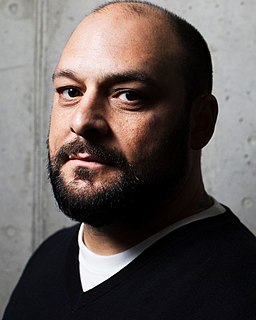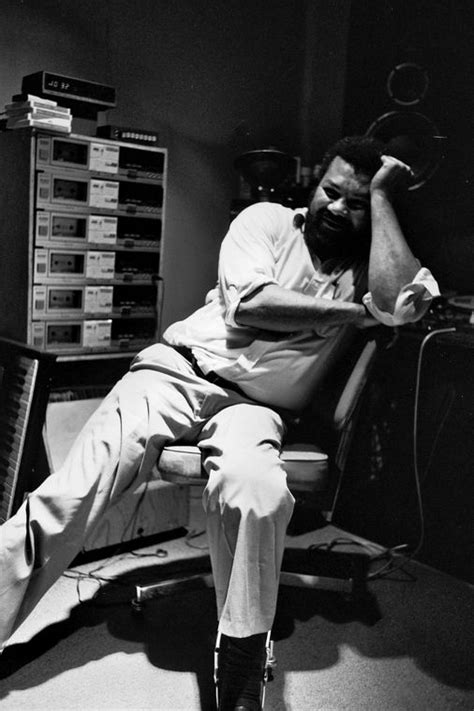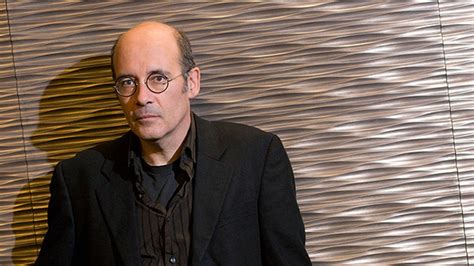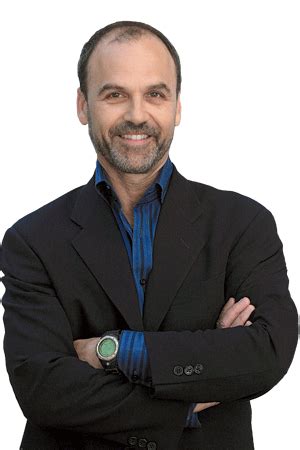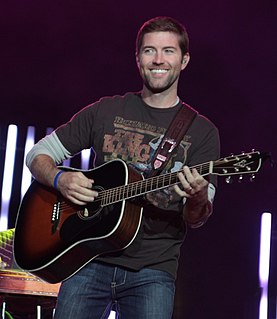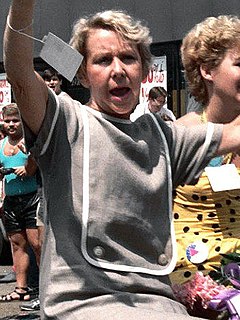A Quote by Christian Picciolini
As far Chicago, our city was designed with racism in mind, with neighborhoods segregated by expressways and train tracks. Even suburbs, like Highland Park, have long histories of barring Jewish and black people. That history that has always existed has come out of the shadows because of the social and political climate.
Related Quotes
There is always going to something very grounded about the characters I play, because of my Chicago roots, because the city is so grounded. Even my wife pointed it out when we were in the city, she said that even the architecture is grounded in Chicago, it's so solid. Because it has to deal with winters. There is something about Chicago that keeps people centered and grounded.
My ideal city is more like the city (New York and Paris come to mind, but it sort of applies to all) that existed up to and including the 1930s, when different classes lived all together in the same neighborhoods, and most businesses of any sort were mom-and-pop, and people and things had a local identity.
One consequence of racism and segregation is that many American whites know little or nothing about the daily lives of African Americans. Black America's least-understood communities are those poor, hyper-segregated places we once called ghettos. These neighborhoods are not far away, but they might as well be on the moon.
The problem is that white people see racism as conscious hate, when racism is bigger than that. Racism is a complex system of social and political levers and pulleys set up generations ago to continue working on the behalf of whites at other people's expense, whether whites know/like it or not. Racism is an insidious cultural disease. It is so insidious that it doesn't care if you are a white person who likes Black people; it's still going to find a way to infect how you deal with people who don't look like you.
'Long Black Train' was inspired by a vision that I had of a long, black train running down this track way out in the middle of nowhere. I could see people standing out to the sides of this track watching this train go by. As I was walking, experiencing this vision, I kept asking myself, 'What does this vision mean and what is this train?'
My music represents walking on train tracks in the middle of the woods, somewhere in the middle of nowhere. You walk down the tracks and you're walking every two tracks, and you've got your headphones on, and on both sides you've got forest, and in your rear is this long line of train tracks that's weaving through the woods. It's a very cool place, to walk along the train tracks because of the rhythm of walking every few feet through the woods. It's a good place to go dream.
There is not a history of black intellectuals being allied with dominant forces to hold white people in social and cultural subordination for a few centuries. Second, the "our" of black folk has always been far more inclusive that the "our" of white folk. For instance, there would have hardly been a need for "black" churches if "white" churches had meant their "our" for everybody - and not just white folk. But "our" black churches have always been open to all who would join. The same with white society at every level.
Son, you can't go around painting yourself black, you hear?" "Why not, Papa?" "Because they'll take you away." "Why?" "Because you shouldn't want to be like black people or Jewish people or anyone who is...not us." "Who are Jewish people?" "You know my oldest customer, Mr. Kaufmann? Where we bought your shoes?" "Yes." "Well, he's Jewish." "I didn't know that. Do you have to pay to be Jewish? Do you need a license?" ..... "...you've got beautiful blond hair and big safe blue eyes. You should be happy with that; is that clear?
I was born in Jackson, Mississippi, in 1969, in a time and place where no one was saying, Look how far weve come, because we hadnt come very far, to say the least. Although Jacksons population was half white and half black, I didnt have a single black friend or a black neighbor or even a black person in my school.
